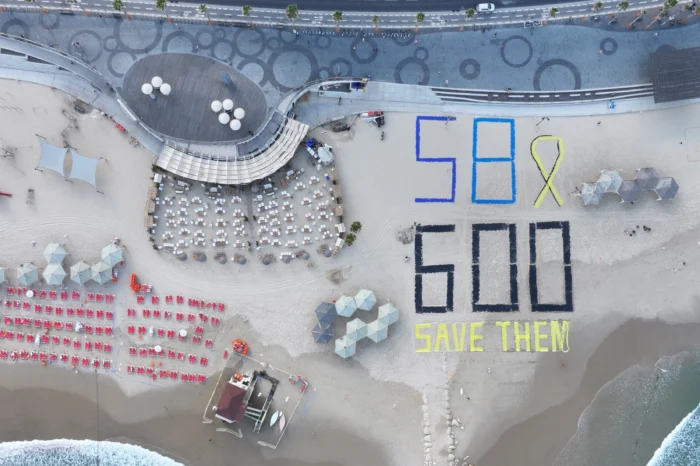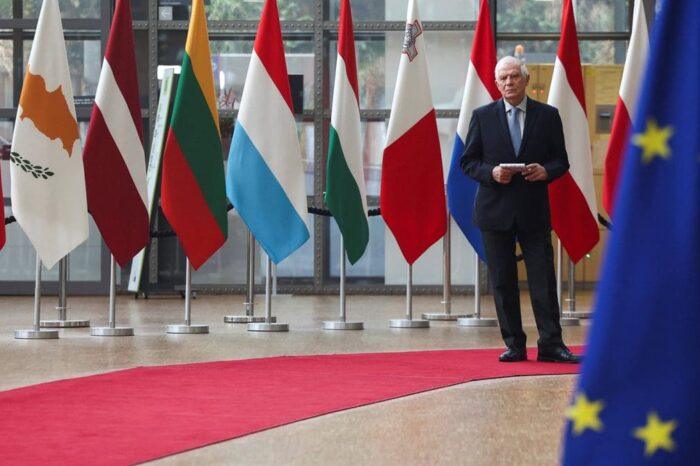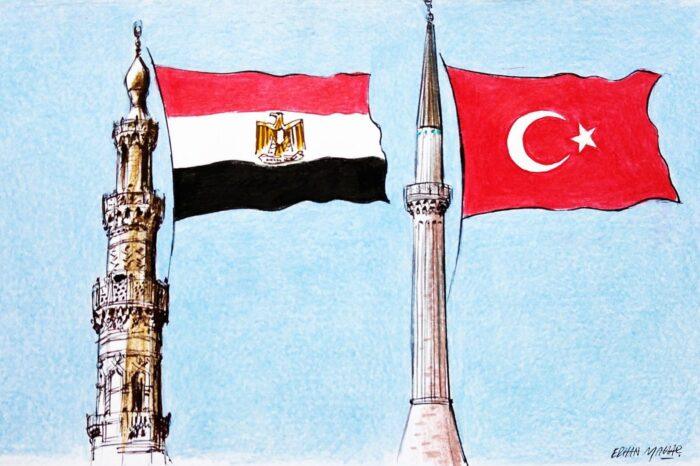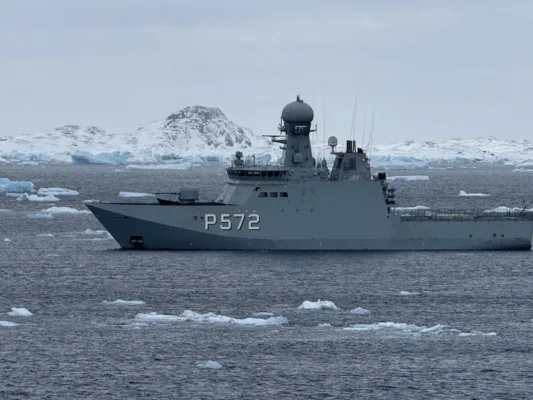Airstrikes in Red Sea and South Africa’s ICJ genocide case
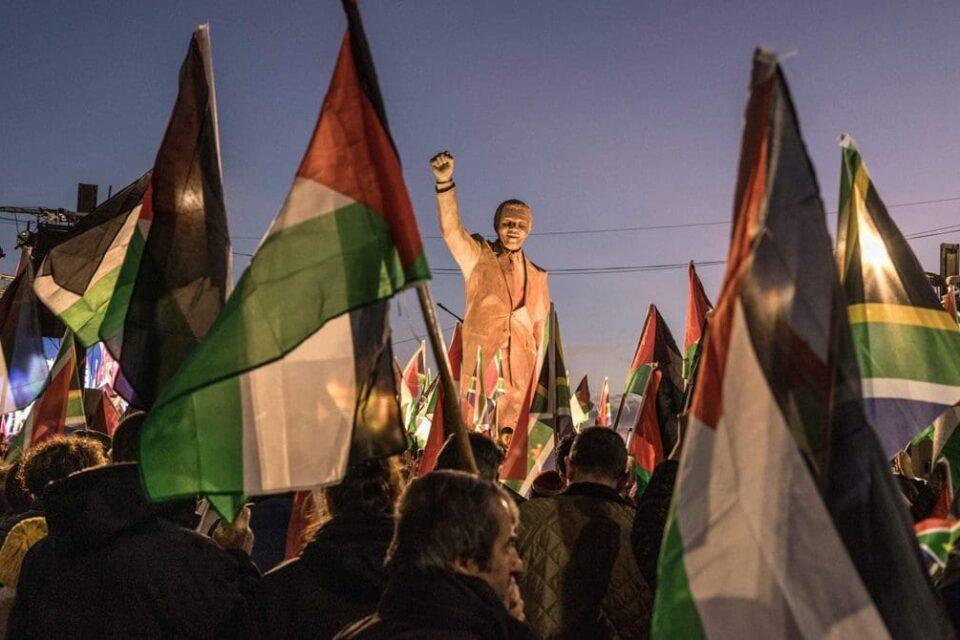
As Israel stands accused of genocide in The Hague, the Israeli-Palestinian conflict spreads to the broader region. On Thursday, the United States and the United Kingdom bombed 72 targets in Yemen, retaliating against Houthi attacks on commercial vessels heading to Israel via the Red Sea to protest the Gaza massacre.
Meanwhile, U.S. President Joe Biden announced that Washington will continue to attack the Houthis.
Thursday’s airstrikes – aiming to secure the Red Sea, which accounts for 15% of the global transport, and defend Israel – received a prompt response. Whereas Iran and its proxies strongly condemned the attack, Türkiye criticized it. Saudi Arabia, in turn, expressed concern at escalating tensions. (Riyadh does not want the joint American-British intervention to delay its agreement with the Houthis and its retreat from Yemen.)
In an attempt to prevent the war from spreading to the region, U.S. Secretary of State Antony Blinken is visiting the Middle East for the fourth time. Yet, the most recent airstrikes suggest that the Biden administration attaches importance to deterring Iran and its proxies by gradually undermining the capacity of troublemakers, starting with the Houthis. If that approach proves successful, however, it could give rise to additional conflicts.
Against the backdrop of escalation in the Red Sea, a major legal hearing remains underway in The Hague. South Africa lodged a complaint before the International Court of Justice (ICJ), accusing Israel of committing genocide against the Palestinians. South Africa’s lawyers have plenty of evidence at their disposal: more than 23,000 Palestinians killed, hospitals and schools bombed, hundreds of thousands of people displaced and a severe blockade causing food and drinking water shortages…
West’s support for Israel
Enjoying the unconditional support of the West, including the U.S., Israel was so cocky in the early days that its political and military leaders presented evidence of genocide to the world. Indeed, the South African lawyer Tembeka Ngcukaitobi presented the theological discourse of Israeli Prime Minister Benjamin Netanyahu and Israeli commanders as an example of “genocidal rhetoric” at the hearing.
Let us recall that the Israeli prime minister wrote a letter to his country’s soldiers, referencing the “Amalek” from the Torah: “We are committed to eliminating this evil from the world. The Holy Book says to remember what Amalek did to you. And we do remember.” The Old Testament orders the killing of everyone in Amalek, including men, women, children, babies, cattle, camels and donkeys.
The South African lawyer also presented as evidence Israeli soldiers singing about occupying Gaza and eliminating all Amalek “because there are no civilians who are uninvolved.”
It is important to note that Netanyahu wasn’t the only politician to make such statements. Israeli Defense Minister Yoav Gallant, Minister Amichai Chikli and even President Isaac Herzog made statements that amounted to evidence of genocide.
Meanwhile, the Irish jurist Ni Ghralaig described what happened in Gaza as “the first genocide in history being broadcast real-time.”
Speaking to reporters after the Friday prayer, President Recep Tayyip Erdoğan made clear Türkiye’s take on the American-British attacks in Yemen and the genocide hearing in The Hague. Stressing that all the evidence that Türkiye has shared with the relevant parties proved useful, the Turkish leader said that he was confident that Israel and Netanyahu would be found guilty. (A series of photographs from Anadolu Agency are among the evidence.)
With regard to the situation in Yemen, Erdoğan criticized the U.S. and the U.K. – which were using “disproportionate force”– for being eager to turn the Red Sea into a “lake of blood.”
That statement suggests that Ankara expects Washington to work harder to stop Israel and push for a two-state solution. Likewise, the Turkish government remains concerned that targeting the Houthis without halting the Israeli aggression could fuel new conflicts in the region.

